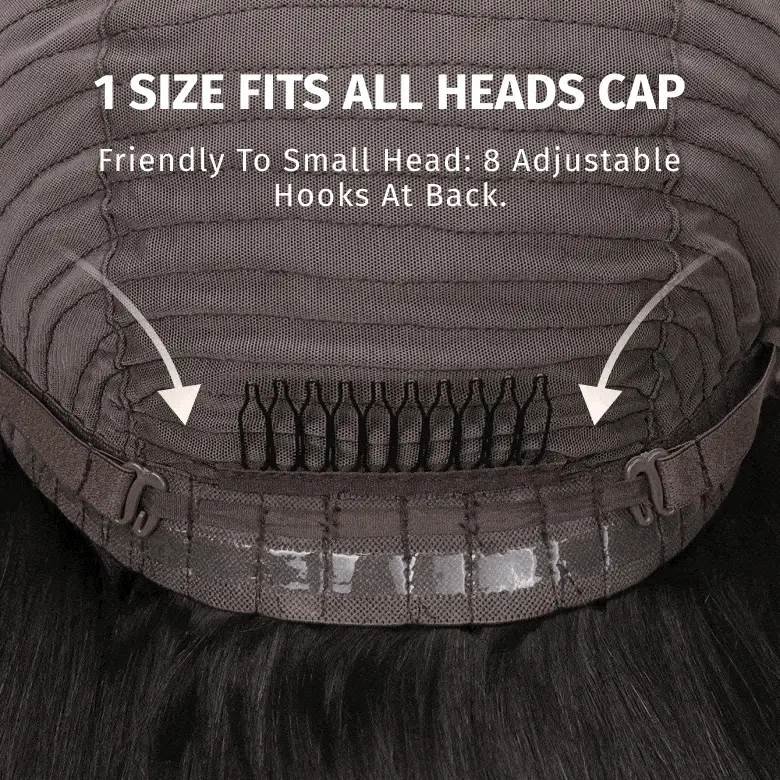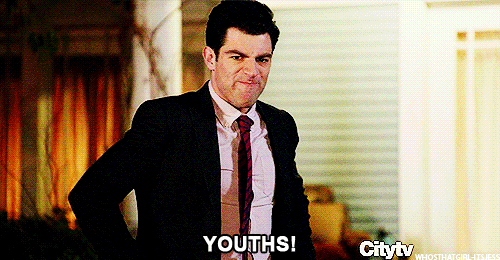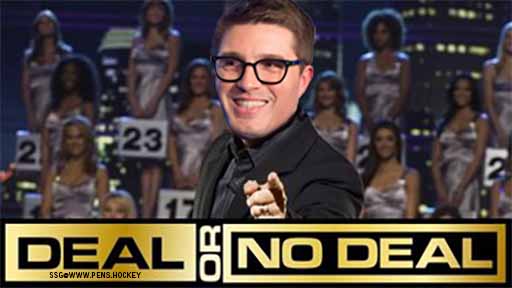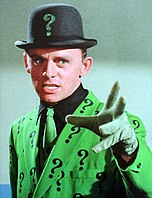

Right off the top here, I want to say farewell and thank you to CapFriendly for their years of being the source of salary cap and contract info for the NHL. In case you didn’t hear, the site is shutting down sometime after July 1 as they have been purchased by the Washington Capitals. It may seem very bizarre for an NHL franchise to want to shut down a third-party site that gives a lot of detail about player contracts, salaries, depth charts, et al., but apparently there are several teams that are still in the Stone Age when it comes to that information. Indeed, there have been a few times when front office personnel were seen looking at CapFriendly on their computers, so the site was definitely a definitive source not just for fans, analysts, and enthusiasts but even the people who literally manage all the information that they could also find on CapFriendly. There appear to be a couple of sites that may take up their banner, including Spotrac and PuckPedia, but neither of those sites are quite as extensive as CapFriendly, at least not yet. So we’ll have a couple days during the beginning of free agency where CapFriendly will continue to process the comings and goings around the NHL at the busiest time of the year when it comes to player movement, but afterwards we’ll be left scrambling to find a comparable source.

With that out of the way, let’s talk about the Pittsburgh Penguins and where they are headed for the 2024-25 season. It’s clear now that the Penguins have transitioned from one of the teams to beat in the Metropolitan Division and the Eastern Conference to one that is simply looking to make the playoffs and try to give their core veterans one last chance at glory before they start riding off into the sunset over the next few seasons. Sidney Crosby turns 37 in two months and, although he has one year left on his current contract, he is expected to sign an extension with Pittsburgh very soon. Evgeni Malkin turns 38 at the end of July and signed through the end of next season. Kris Letang turned 37 in April and is locked up for four more seasons, which will probably end up aging like milk but that’s Ron Hextall’s brilliance for you. I’m sure no one needs reminding that older players are less productive, and it’s typically counterintuitive to have those guys also be your most expensive players, but (besides Erik Karlsson, the highest paid player on the team) that is the situation.

More critical however is the fact that Pittsburgh does not have many prospects to replace the production of those aging veterans. When you have productive young players, more often than not they are also paid less than a comparable veteran. You don’t get those players unless you draft them or trade for them and, because the Penguins spent the last two decades trading away draft picks, Pittsburgh is only just recently starting to rebuild that pipeline of prospects. Brayden Yager is the top prospect in the Penguins’ cupboards by quite a ways and definitely top-six forward material, but he’s also 19, hasn’t played a game professionally yet, and hasn’t even signed an entry-level contract. Maybe he makes the jump to Pittsburgh straight away next season but, because his birthday is just before the junior/major cut-off, it’s more likely that he spends another year in juniors. After him, there are several players who may play in Pittsburgh sooner rather than later, but the ceiling on most of those guys (Owen Pickering, Sam Poulin, any of the guys acquired from Carolina in the Jake Guentzel trade) is seen as middle-of-the-depth-chart at best.

More so than last offseason, general manager Kyle Dubas will have a tough job then of finding ways to improve the Penguins’ roster efficiently. With the $2.5M extension given to Alex Nedeljkovic, Pittsburgh has just shy of $10.75M in cap space to work with over the summer. That doesn’t include likely extensions for arbitration-eligible RFAs Emil Bemström and Pierre Olivier-Joseph, so we’re looking at maybe more like $9M or so to fill about five spots on the roster. It’s mostly bottom-of-the-depth-chart work again for Dubas this offseason, and last offseason’s performance in that regard is giving some a lot of anxiety. Noel Acciari was exactly as advertised, a defensive bottom-six guy, but Dubas gave him $2M in that role, the most out of anybody still under contract (right behind Lars Eller and his $2.45M salary). Matt Nieto was injured for all but 22 games and was also a defense-first guy otherwise. Given the fact that there was too much reliance on the top six forwards for the offense, it would be nice to find some guys for the bottom six who can contribute at both ends of the ice.

The biggest concern however, as it has been for years, is in the middle of the depth chart. Reilly Smith was nothing close to what anyone was expecting in his first dismal year in Pittsburgh, and while there are plenty of rumors that he’ll be moving on again this summer, who’s gonna replace him? How much production can we expect out of Evgeni Malkin in his 38th year? Can the Penguins rely on his linemates (Rickard Rakell/Valtteri Puustinen, Michael Bunting/Drew O’Connor) to pick up the slack if he does have a slip in production? What about Ryan Graves? Is he going to continue to disappoint, or will a new defenseman coach in David Quinn going to make a difference?

Ultimately, the question for Pittsburgh is not if they can make the playoffs, but if they can win a round or two against the top teams in the Eastern Conference. Unlike two postseasons ago when the Florida Panthers were the last team to make the playoffs and turned it into a Stanley Cup Finals appearance, this past postseason was generally run by the favorites, which is usually the rule and not the exception. The last three teams to make it in the Eastern Conference this year, the Tampa Bay Lightning, the New York Islanders and the Washington Capitals, were appropriately steam-rolled by their opponents. In order for a team to go on a surprise run, they have to have proper depth, a good amount of luck, and team-wide chemistry. These are three elements the Penguins haven’t had at all since 2018. So if they themselves are not going to be amongst the favorites in the conference, Pittsburgh has to get lucky with its offseason moves and hope they can patch the rest of the problems with their roster either internally or otherwise. There’s some honor in simply making the playoffs, but if all you’re going to do is go down meekly in the first round then you’ve lost the point altogether. Let’s see what Kyle Dubas can conjure this time around.

(Addendum: on June 24, the Boston Bruins traded Linus Ullmark to the Ottawa Senators for Joonas Korpisalo, Mark Kastelic, and Boston’s first round pick this year (which is 25th overall). This is relevant because of Tristan Jarry’s status; if Kyle Dubas is indeed looking to move the Penguins’ starter, they’re probably not going to get a much better deal than what Sweeney got for Ullmark. Not necessarily to say that Sweeney got a good deal for Ullmark, but it was a move that the Bruins felt they needed to make. Pittsburgh isn’t quite as desperate to move on from Jarry, but considering that Jarry hasn’t been a consistent, Vezina-caliber goaltender like Ullmark, it’s going to be hard to convince anyone to take him for the kind of return that Boston got.)
(Addendum 2: on June 29, the St. Louis Blues traded Kevin Hayes and a second-round pick next year to the Penguins in exchange for the venerable future considerations. Hayes is a 32-year-old center making ~$3.5M for the next two years. After averaging a little more than 0.6 points per game in his first nine seasons with the Rangers, Winnipeg, and Philadelphia, his numbers fell off a cliff last season with St. Louis and he only managed 13 goals and 29 points in 79 games, and he also played three fewer minutes per game than in years past. A curious development however is that Hayes has become a very good face-off taker: amongst skaters taking more than 800 face-offs (76 players), Hayes was ninth in face-off winning percentage. The optimistic spin then is that Hayes could be a good replacement on the fourth line for the retired Jeff Carter.)
